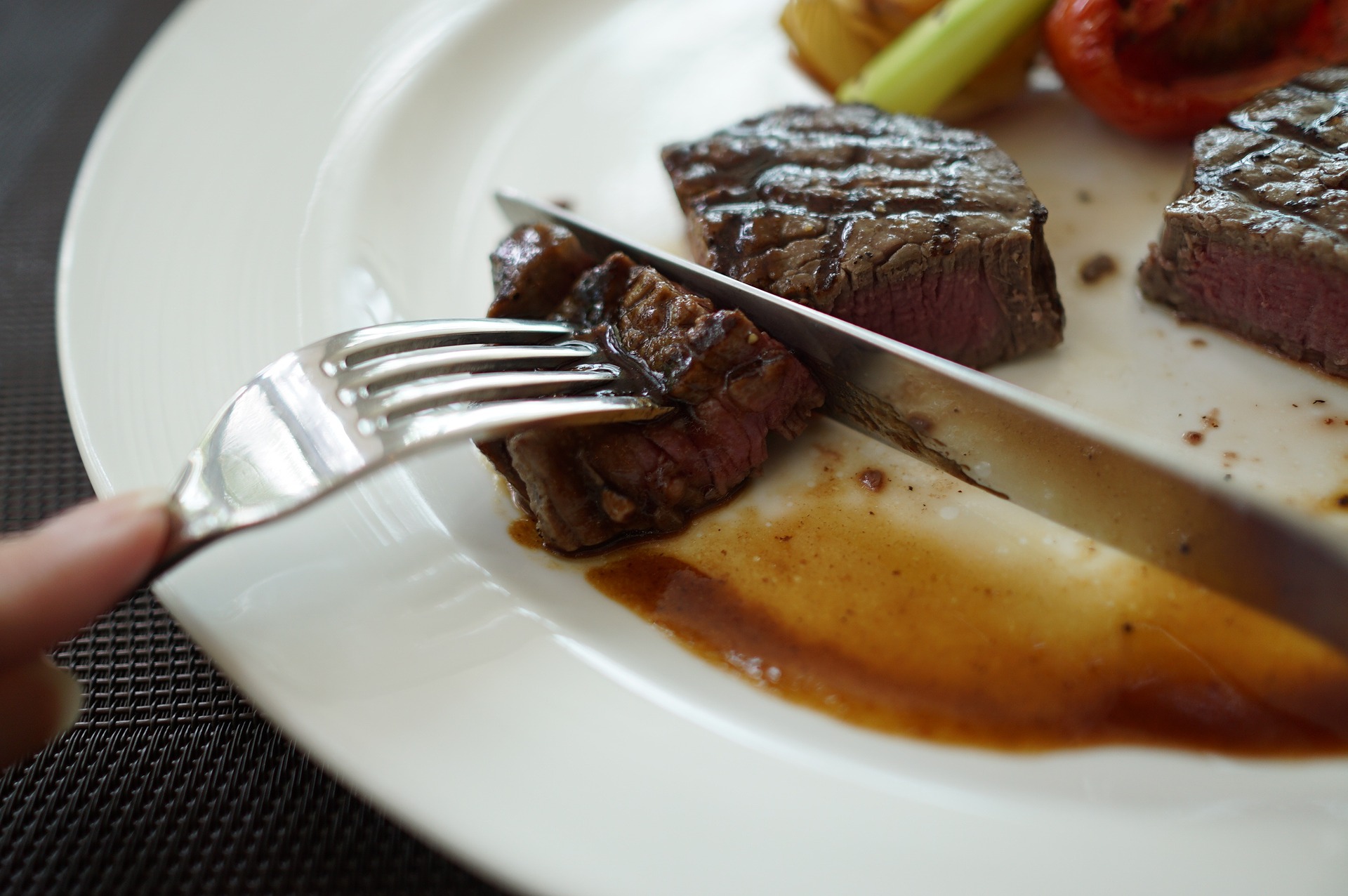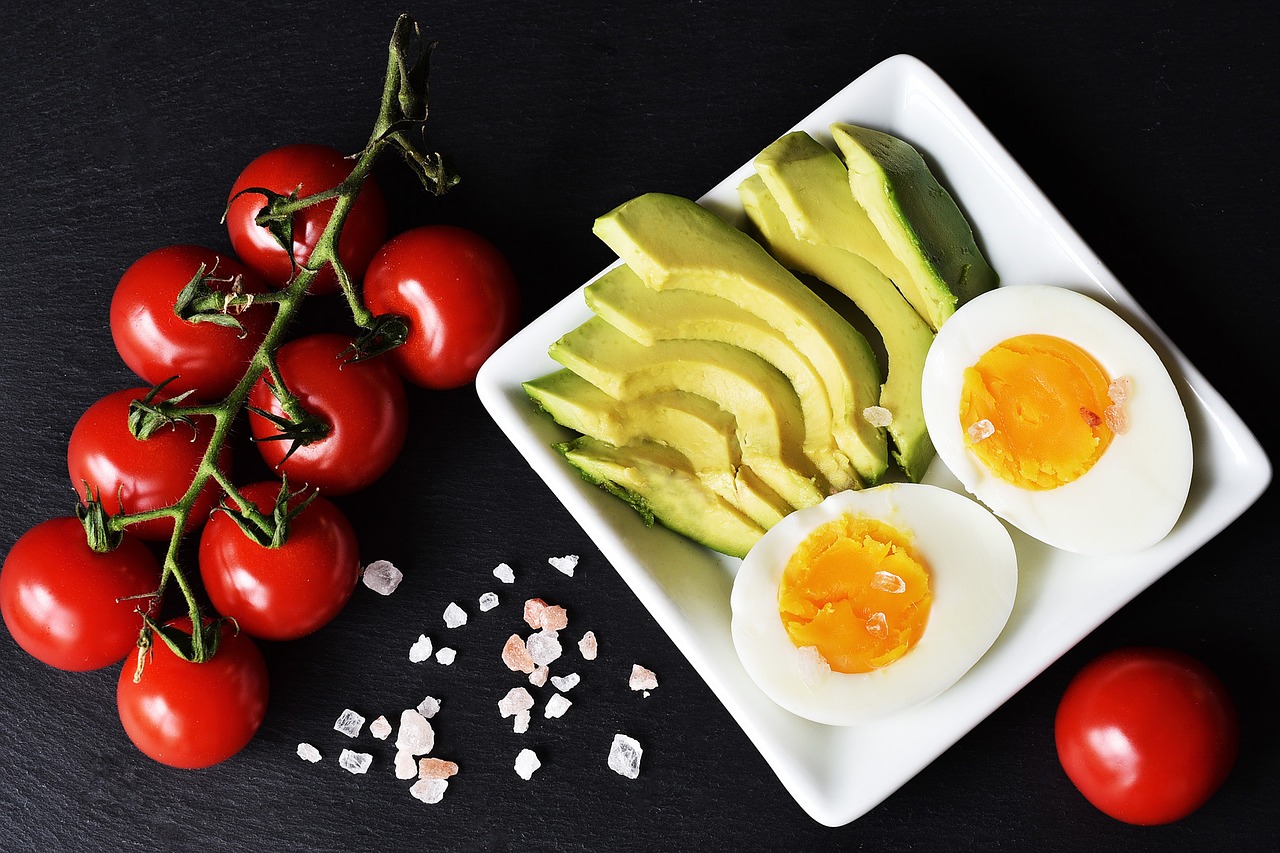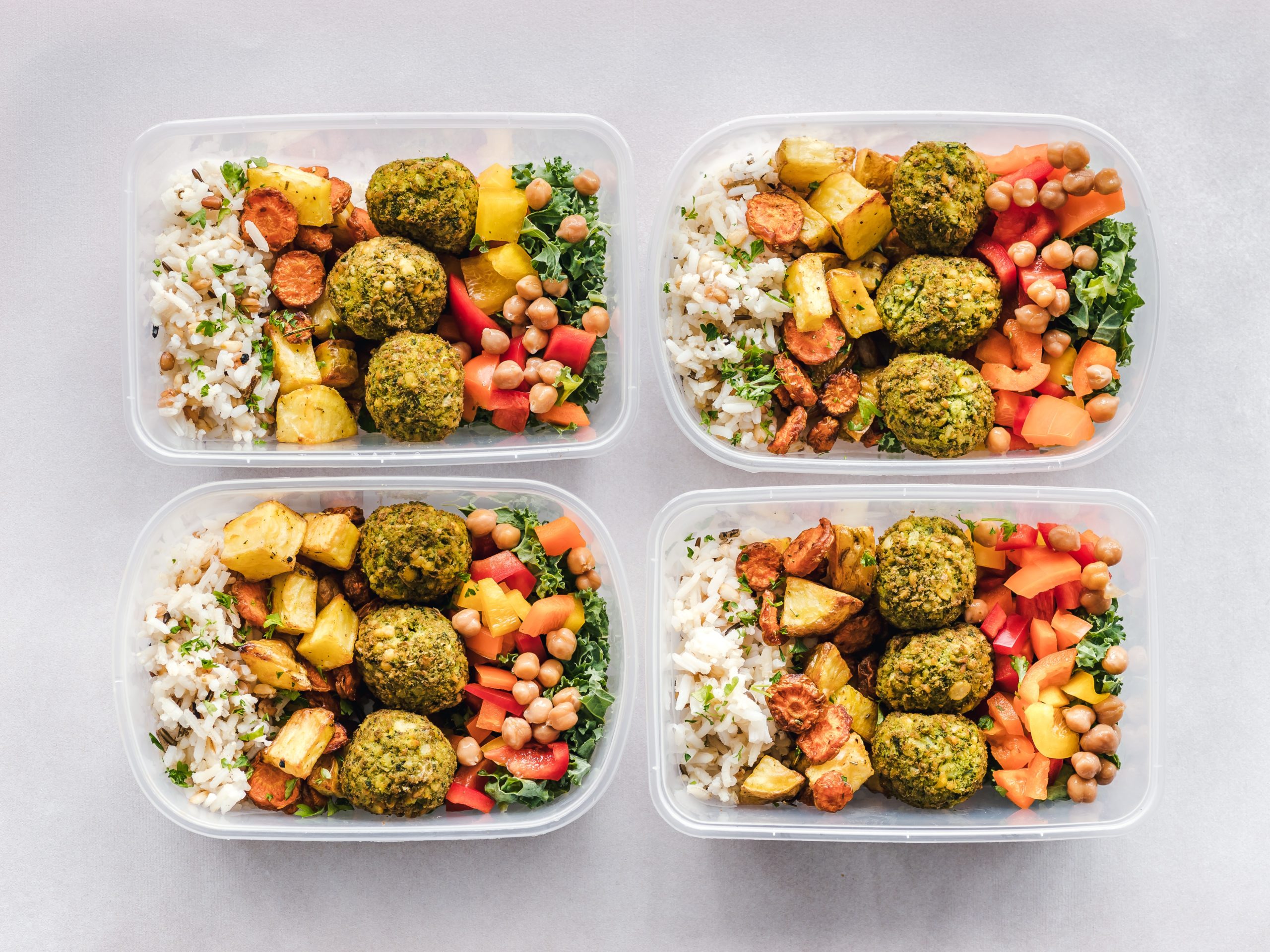Author: Nicholas Gregory, MA, CSCS
You’ve done your research, weighed the pros and cons, and decided that keto is the diet plan for you. Now how do you start?
This is a question many face when planning to start the keto diet. The keto diet (short for ketogenic) is a popular low-carb, high-fat diet that uses the body’s process of ketosis to burn fat for energy. The keto diet’s popularity has grown in the past ten years because of its efficacy and quick results. With these results come specific diet requirements and questions that should be considered before jumping in.
Below, we have answered some questions to help you learn the ropes when it comes to starting the keto diet!
What can I eat on Keto?
When starting the keto diet, it’s important that you have planned for the foods that will be comprising your new way of eating! Staple foods of the keto diet include:
- Fatty meat (Beef, chicken, pork, lamb)
- Fish
- Eggs
- Fats (butter, ghee, coconut oil, nuts, avocado, olive oil)
- Non-starchy vegetables (leafy greens, tomatoes, broccoli)
- Small amounts of lower sugar fruits (mainly berries)
The food choices on keto are so important because the aim of the diet is to get you into a state of ketosis where the body is using fat for energy instead of carbohydrates. To do this, most followers of keto must keep carbohydrates anywhere from 25-50g per day. Without planning, this can be extremely difficult to do!
Can I eat as much of these foods as I want on Keto?
Despite being one of the most misunderstood components of the diet, the food choices on keto do not allow for unlimited portions of steak and butter. Like any other diet, a caloric deficit is required to lose weight. Many people who start keto actually end up gaining weight because they are not accurately tracking their calories.
To ensure you are working towards your goals and reaping the benefits of the keto diet, you should make sure you are aware of how many calories you are eating each day. The foods on keto are typically more calorically dense and for that reason easier to overeat. An approach that allows for mindfulness around daily calories and food choices will reap the best results when following keto.
How do I get through the “Keto flu”?
Reaching true ketosis can take time. Removing the fuel source that your body has used for most, if not all of your life, can lead to unfavorable symptoms. Followers of the diet typically refer to the two to three week period of adaptation as the “keto flu”. The keto flu can include symptoms such as fatigue, nausea, headaches, and irritability. As the body adapts to using ketones as fuel, these symptoms should improve.
This period of unfavorable symptoms can typically cause people to quit the diet prematurely, before the true benefits have been felt. To make it through the keto flu, it is important to stay hydrated and ensure you are eating enough. Symptoms can be made worse if followers are restricting carbs and not eating enough fat and protein.
Is the Keto diet sustainable?
When addressing sustainability, it is important to remember how the keto diet was created. This style of eating was first developed as a therapy to treat epilepsy, not as a weight loss diet or eating plan. The ketogenic diet is effective in treating these disorders because it is able to mimic the body’s metabolic effects of starvation; i.e., burning fat for energy instead of carbohydrates. This change in fuel source has been proven to alter gene expression involved in energy metabolism in the brain, which aids in treating these neurological disorders.
This history should be kept in mind when determining if keto is sustainable for you. Most followers struggle to maintain and there is limited research on the long-term effects of the diet for that very reason. Although it may allow for periods of mental clarity or weight loss, keto is challenging to maintain long-term. Another aspect that plays into sustainability is support!
Get the support you need
The changes required to follow keto are extreme! For most, it is challenging enough to get a spouse or child to eat a serving of broccoli at dinner, let alone cut out carbs and eat mainly protein! Without support, following this diet can be even more difficult to start. Interested in trying keto? Want guidance and support along the way? Let Noom help!
At Noom, we don’t believe there is a one size fits all approach to diet. If keto works for you, great! Let your individual goal specialist give you the support and guidance to start your new style of eating and find lasting change! Want to try it out? Go for it! Give Noom a risk-free try today!










